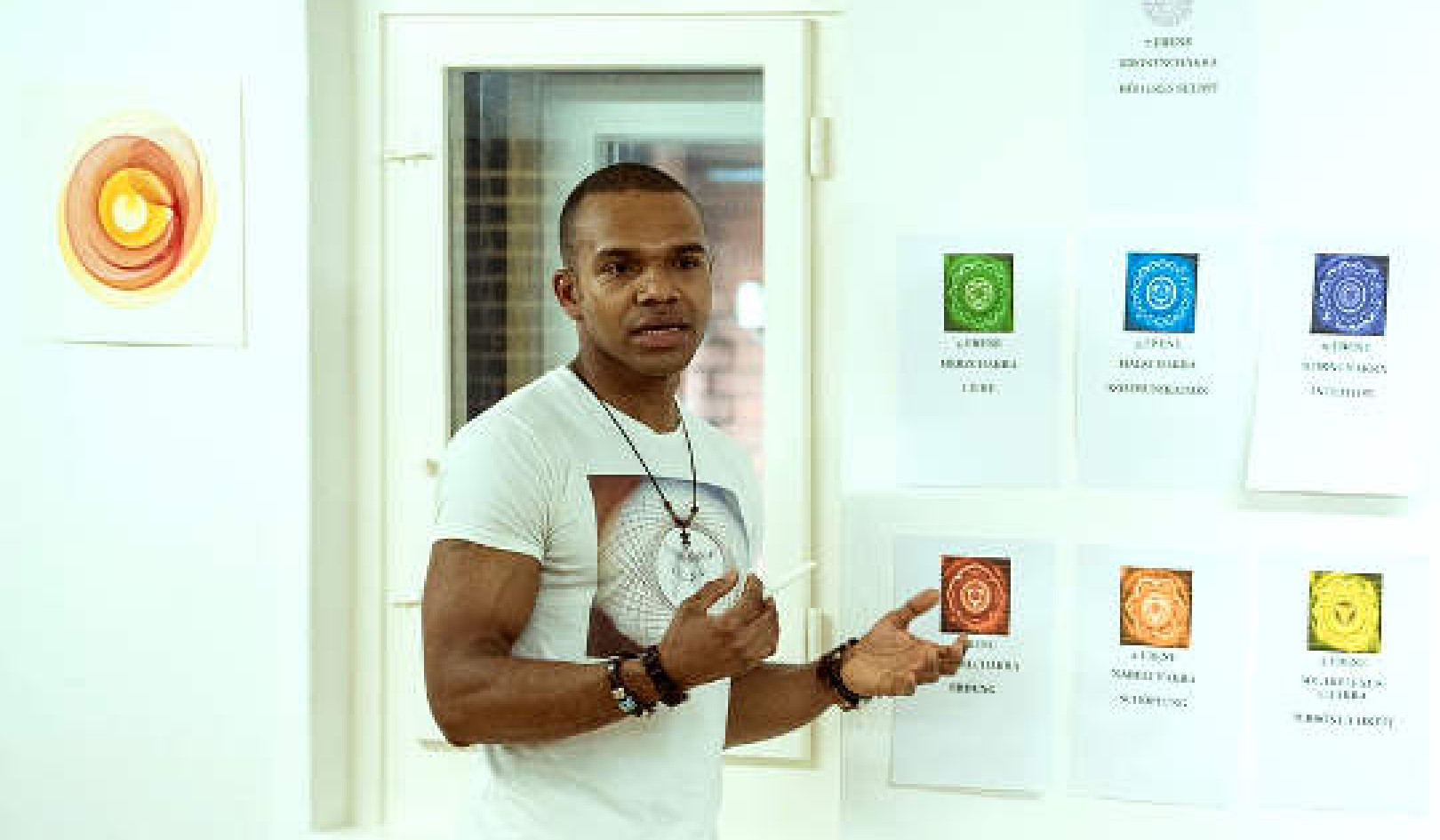
In a recent speech full of allusions to Bible verses and Christian hymns at the National Baptist Convention in Kansas City, Hillary Clinton focused on Christian humility. She acknowledged that
“Humility is not something you hear much about in politics.”
But, she said, it should be. Those who truly understand “the awesomeness of power and the frailty of human action” – that is, those who manifest humility – are “our greatest leaders.”
Of course, this speech was smart campaigning. It reminded voters of what she sees as a competitive advantage with her opponent. It was also good Baptist theology.
But, humility is not merely a Christian virtue. Humility is an essential aspect of every major religion. For that matter, humility is more than just a religious virtue. In my research, I have argued that humility is also an essential democratic virtue.
So, why is humility so essential in a democracy?
Humility, religion and politics
Like most Christians, Baptists believe that all people are sinners, that all of us are condemned by God’s righteous judgment and that there is nothing that we ourselves can do to alter that condition. If we are saved, it is because of God’s actions, not ours. Humility is the only appropriate response to these tenets of faith.
What’s more, Jesus himself washed the feet of his disciples and humbled himself “even unto death.” So, devout Christians are called to do no less.
However, politics and humility just don’t go together. Politics requires ego; you need to present yourself as a better alternative than your opponent. Humility means that you aware of your own failures, and are respectful of those with whom you disagree. Seen in this light, many believe that in our society, humility has become “counter cultural” and that politics is a leading cause.
A 2016 survey, for example, showed that over 70 percent of Americans believe that incivility has reached crisis levels and 64 percent believe that politicians are to blame. The survey describes incivility as “insulting comments” and “personal attacks.” These sorts of behavior do not go together with any understanding of humility. If you are humble, you present your opinions and beliefs with more modesty and less belligerence.
Take for example some of the comments from the presidential candidates. Donald Trump, to be sure, has said that he has “much more humility than a lot of people would think.” But his claims that he has “a very good brain,” that he has the “best words,” that he knows “more than the generals” and ceaseless reminders that he is “a winner” all reinforce the idea that humility is, to say the least, not something that comes naturally to him.
Clinton, drawing a contrast with her opponent’s campaign, called half of Donald Trump’s supporters “a basket of deplorables,” for which she later expressed regret. Nonetheless, the comment reinforced the opinion of many that she is arrogant. Writing in The Hill, Jewish rabbi Shmuley Boteach argued that,
“If defaming millions of American citizens she has never met as ‘racist, sexist, homophobic, xenophobic’ is not arrogant then the word has no meaning.”
Humility enables leaders
Clinton is correct to argue that throughout our nation’s history, those who manifested humility were among our best leaders – and that goes for politics and religion.
Upon accepting command of the Continental Army, George Washington said:
“I…declare with the utmost sincerity, I do not think myself equal to the command I am honored with.”
In his second inaugural, hard on the heels of a long and bloody civil war, Abraham Lincoln concluded:
“With firmness in the right, as God gives us to see the right, let us strive on to finish the work we are in, to bind up the nation’s wounds.”
In his letter from Birmingham jail, Martin Luther King Jr. closes with acknowledgment of his limited perspective:
“If I have said anything in this letter that overstates the truth or indicates an unreasonable impatience, I beg you to forgive me.”
Bias and humility
Humility is a virtue that has enabled our best leaders to improve our democracy, and it is good for the rest of us, too. It would help, in other words, if humility were not thought of as merely a Christian or religious virtue.
Far better to see humility as a prudential response to the knowledge of how we human beings really operate. Scientific evidence is overwhelming that all of us are hopelessly and inescapably biased.
When we hear information that runs against our beliefs and values, we find reasons to discount or reject that information. This operation happens before we are even consciously aware of it. And what is more, the part of our brain that begins this process (our amygdala) is not accessible by our conscious brain.
Psychologist Geoffrey Cohen tested this hypothesis in a group of people likely to think that their side offered a better vision for the future. He presented Republican and Democratic students who had strong opinions about welfare reform with two proposals: one very conservative and one very liberal.
These students also had fairly strong partisan attachments. That is, they were strong Democrats and Republicans. Cohen found that this partisan identity overwhelmed their assessment of the two proposals. Even when he called the conservative proposal “Democratic” and the liberal one “Republican,” the students still followed their party’s beliefs.
In fact, once the label was attached, the impact of the proposal’s objective content “was reduced to nil.” For these students, their bias in favor of their party was more important than the facts about what they were ostensibly assessing.
Why humility matters
With effort, we can learn to mitigate the effects of our biased brain. For example, even when we are most convinced of our own righteousness, we can push ourselves to try to consider alternatives, or even to make the argument for the other side.
But we will never be able to fully control these effects, let alone turn them off.
In fact, the scientific account of bias is not at all far from the Christian concept of sin. We all have it (it is universal), we can’t not do it (it is inescapable) and it causes us to fail to live up to being the kinds of people we want to be.
For democratic citizens, this information ought to matter.
Knowing that biases are universal and inescapable ought to make all of us present our opinions with more humility. It ought to make us more circumspect regarding what we believe and more open to the possibility that we might be wrong, and to the near certainty that we are not seeing the whole picture.
Just so, it ought to make us see our opponents as fellow “sinners,” deserving, no less than ourselves, tolerance and generosity. This would make our society a better place, of course, but it would also make our democracy operate better.
If we enter into the rough and tumble of politics knowing that none of us has a hammerlock on the truth, we might be more likely to find it.
About The Author
![]() Christopher Beem, Managing Director of the McCourtney Institute of Democracy, Pennsylvania State University
Christopher Beem, Managing Director of the McCourtney Institute of Democracy, Pennsylvania State University
This article was originally published on The Conversation. Read the original article.
Related Books:
at InnerSelf Market and Amazon

























